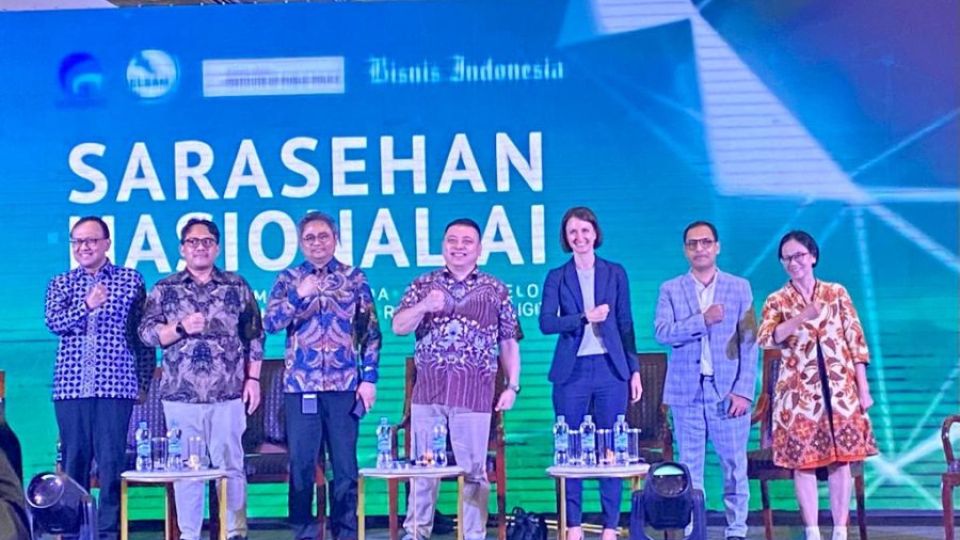January 23, 2024
JAKARTA – Indonesia is planning to develop a new regulation on artificial intelligence (AI), the Communications and Information Ministry said on Friday, as the country seeks to transition from soft ethical guidelines to legally binding rules.
Deputy Communications and Information Minister Nezar Patria aims to realize the plan through a ministerial regulation this year, before the end of President Joko “Jokowi” Widodo’s term.
Introducing a ministerial regulation is considered a stepping stone toward a comprehensive AI law, which requires the government to complete more complex legislative formalities, he said.
“This year we will delve into ministerial regulations regarding AI governance with related stakeholders,” Nezar told reporters on the sidelines of an event titled “National AI Forum: Strengthening Ethical Commitment in the Governance of Artificial Intelligence and Strengthening the Digital Economy”, held in Jakarta.
The plan came shortly after Indonesia introduced a circular last December that outlined ethical principles for AI business conduct, paving the way for ethical considerations including inclusivity, security and data protection, all to be embedded into future AI development.
However, analysts criticized the AI guidelines for being ineffective and toothless because of their nonbinding nature, urging the government to focus instead on more concrete measures.
I Nyoman Adhiarna, the ministry’s secretary to the electronic application governance directorate general, told The Jakarta Post on Friday it would take a much longer to realize a much-anticipated “legally binding” AI governance regulation.
The complexity may even exceed the challenges the government faced regarding Personal Data Protection (PDP) Law No. 27/2022, which, although finalized, has yet to be fully enacted, he said.
He also stressed the need for extensive discussion and careful study of AI topics including sandbox initiatives implemented in specific sectors like healthcare and fintech.
“We still have to learn from other countries and acknowledge our own tech talent gap, especially in AI,” he added.
Institute for Policy Research and Advocacy (ELSAM) executive director Wahyudi Djafar said during the same event that there is indeed a need for a comprehensive road map for AI governance with agreed-upon principles as guiding lights.
“We’re meticulously examining regulations in line with emerging generative AI today. But, as there will be more advanced AI to come, he warned against rushing the process. “If we stipulate a law now, it could become outdated in the years to come.”
Wahyudi suggested a phased approach, agreeing with the idea to introduce a ministerial regulation before the current administration ends.
“We can learn from the implementation of [the ministerial regulation]…and then, after four to five years, we’ll be better equipped to discuss or propose a specific AI law,” Wahyudi said.
Lukas, chairman of the Indonesia Artificial Intelligence Society (IAIS) and electrical engineering associate professor at Jakarta’s Atma Jaya University, during the same event echoed the need for an AI framework.
“AI used to be a rocket science and was only available to a privileged few,” he said. “Now, the democratization of AI is upon us, and a proper framework is crucial to make it available for all,” he added.


